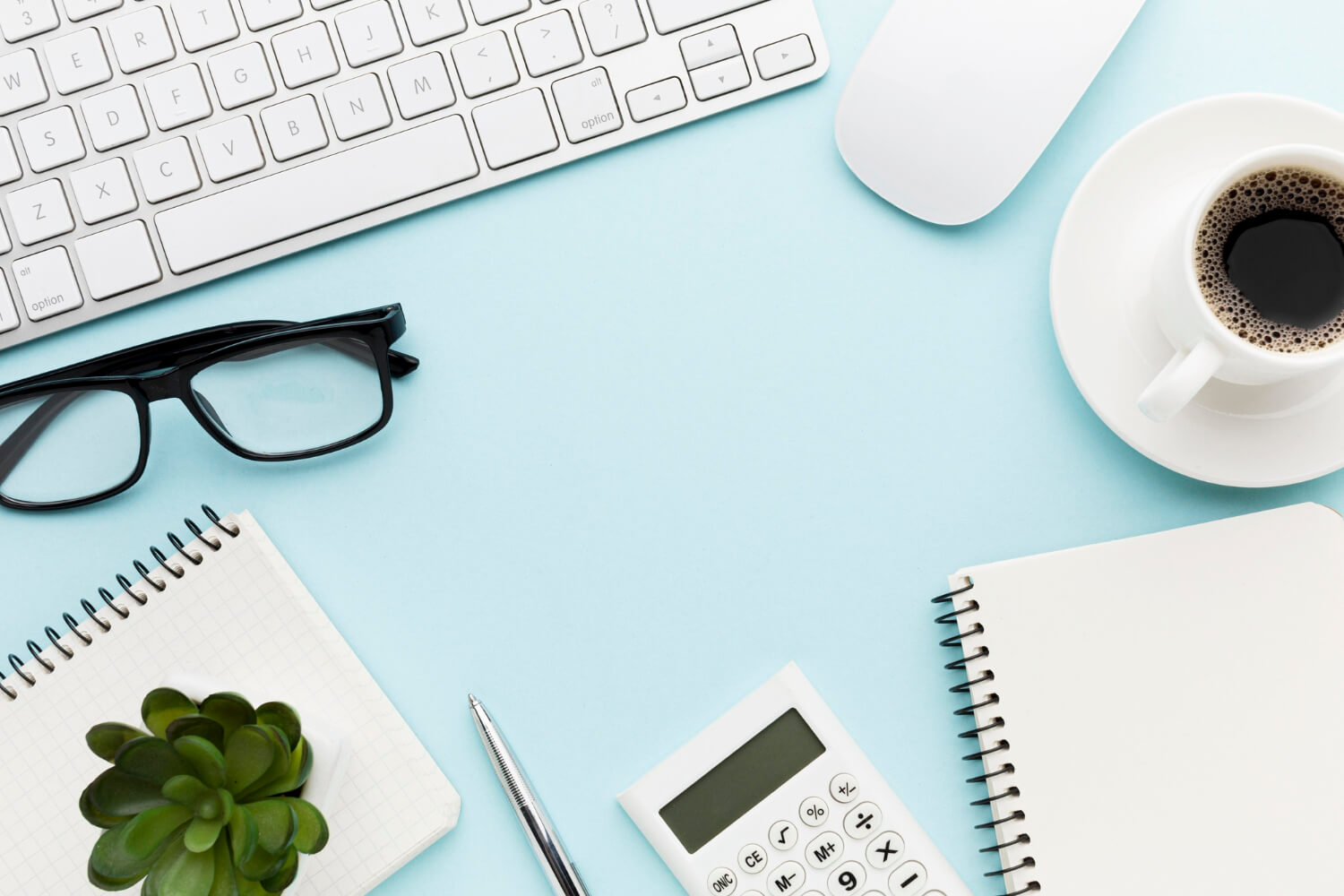How Digital Minimalism Can Boost Your Grades
Students are inundated with alerts, social media posts, and streaming material in today's hyperconnected environment. Although technology provides a variety of learning tools, excessive screen time can cause decreased focus and poor academic achievement. That's where digital minimalism comes in: a purposeful, concentrated method of utilizing technology. Let's look at how your grades and general study performance can benefit from digital minimalism.
What exactly is digital minimalism?
Digital minimalism is the deliberate restriction of your use of digital devices and services to just those that genuinely enhance your life. It's not about completely rejecting technology, but rather about being conscious of how and when you use it.
Digital minimalists establish limits that prioritize concentrated learning and deep work rather than scrolling through Instagram or watching YouTube videos during study sessions.
The Connection Between Distraction and Academic Difficulty
Your brain takes a few minutes to refocus after each notification that causes your phone to vibrate. When you factor in dozens of alerts every day, you can easily lose hours of valuable study time without even noticing it.
Research has demonstrated that:
Students with lower GPAs often utilize social media during their study time.
Switching between screens makes learning shallower and memory recall less effective.
Mental exhaustion from continuous partial attention makes it more difficult to take in new information.
Advantages of Digital Minimalism for Students
1. Improved Focus
Your mind may relax into deep focus by disabling nonessential alerts and uninstalling pointless apps. This level of concentration is necessary for activities like reading, writing, and solving intricate issues.
2. Additional Time for Genuine Learning
Endless scrolling can now be spent on more worthwhile things, like getting enough sleep, practicing past papers, or revising.
3. Lowered Stress
Anxiety is frequently caused by the need to remain current and always connected. By bringing serenity and control to your everyday life, a minimalist digital lifestyle has a direct positive impact on your mental health.
4. Better Sleep
Late-night screen time disrupts your body's natural sleep rhythm. Improved sleep leads to better memory consolidation, enhanced focus, and ultimately higher grades.
As a student, how to Practice Digital Minimalism
Here are a few easy places to start:
Declutter your phone by deleting unused apps, particularly social networking and gaming sites.
Establish screen time restrictions: Monitor and restrict your daily usage using integrated tools.
Establish no-tech zones: Put away your phone during mealtime and studying.
Plan digital detoxes: Set aside a few hours or an entire day each week to be screen-free.
Use technology thoughtfully: Before utilizing any equipment, ask yourself, "Is this helping me learn? "
Concluding Thoughts
Distraction, not technology, is the real foe. Students may reclaim their time, lessen mental clutter, and realize their complete academic potential by adopting digital minimalism. It's about doing better with less technology rather than doing more with it.
By using this method, you will see that more A+ grades may be obtained with less notifications.


Post a Comment
0Comments